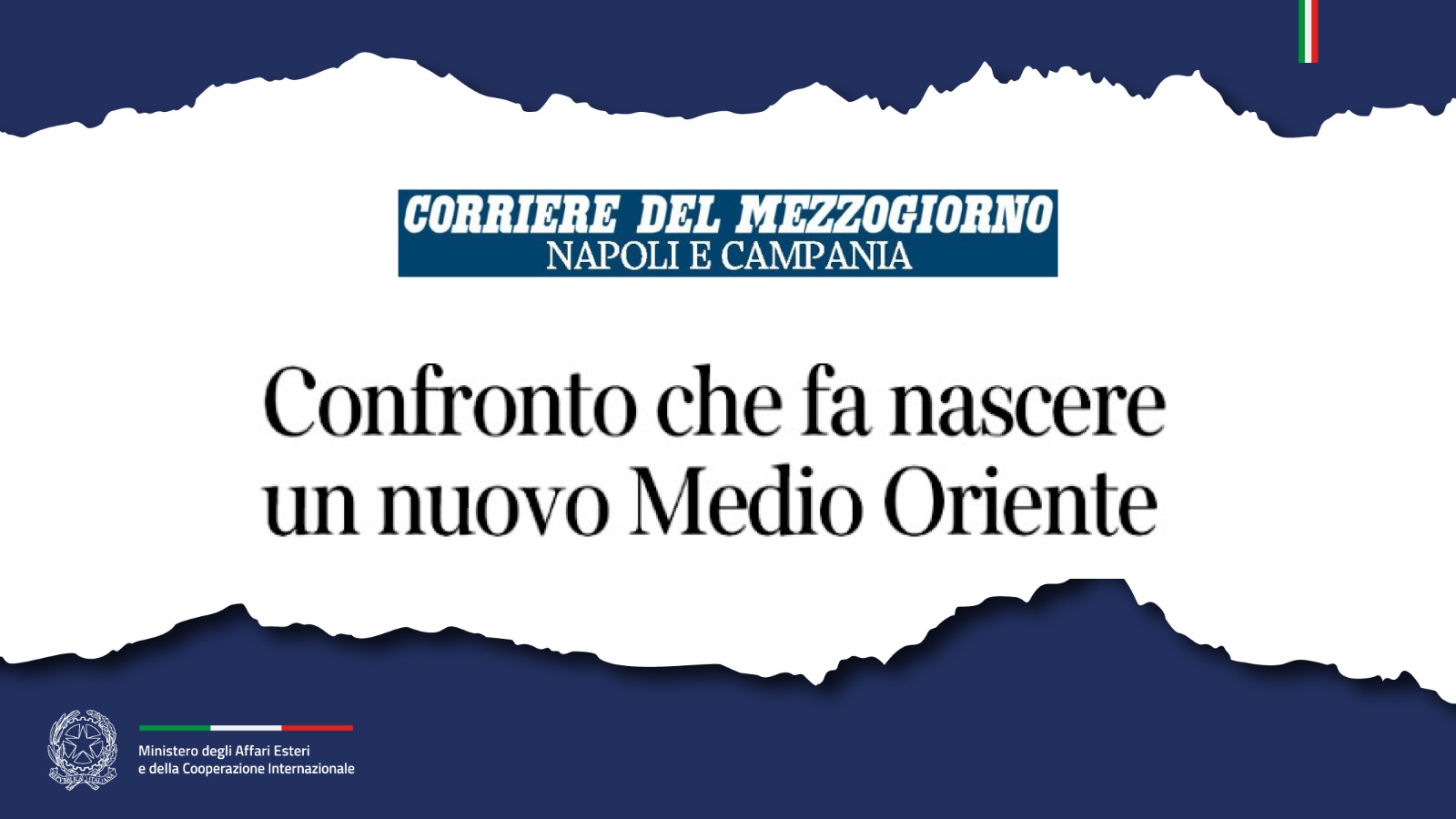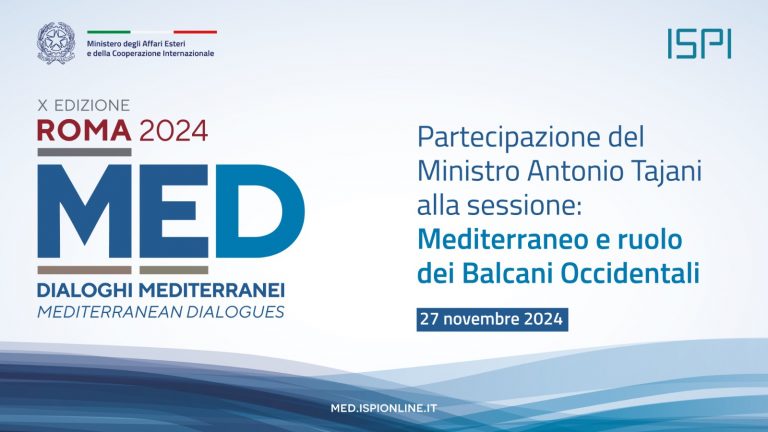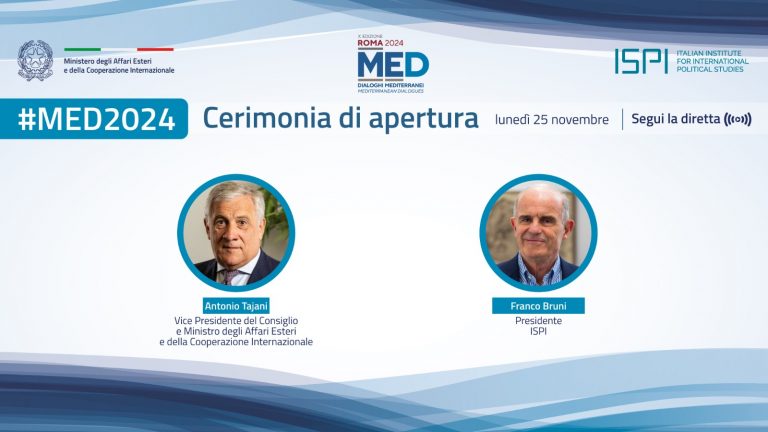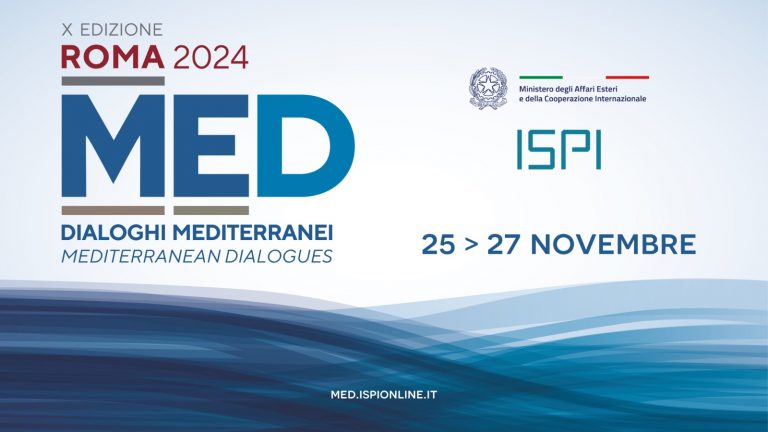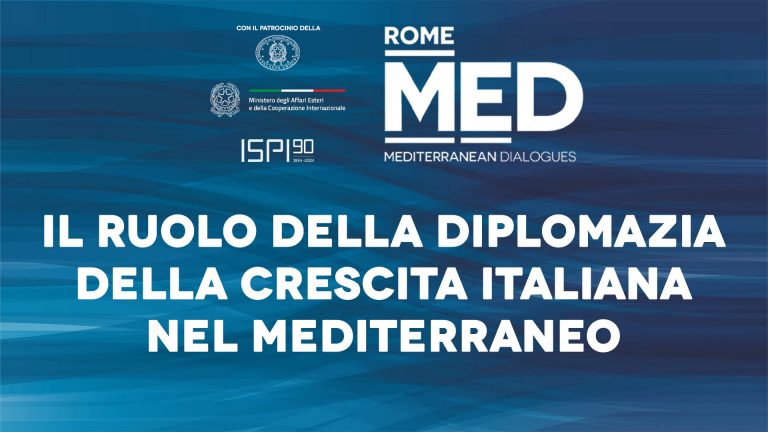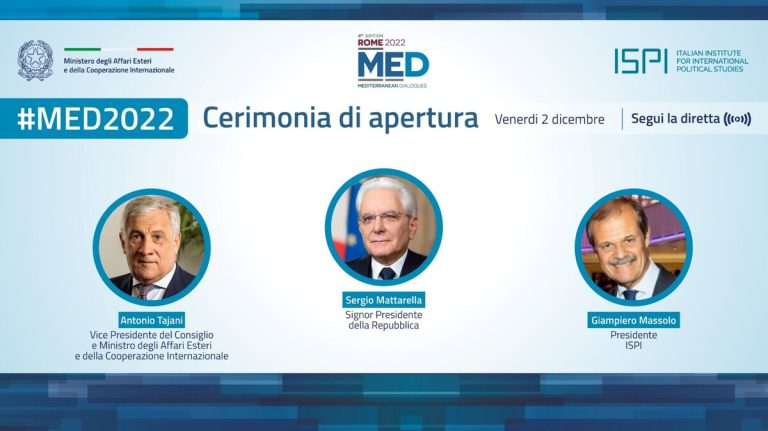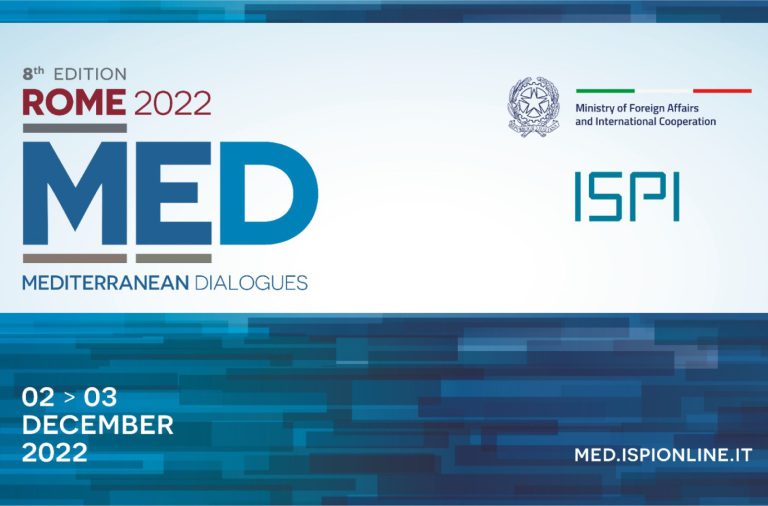The peace agreement between Israel and Hamas represents the first major step in what we hope will evolve a broader process of stabilisation in the Middle East. A two-state solution remains the only path capable of addressing the legitimate aspirations of the Palestinian people for statehood, while simultaneously ensuring Israel’s security.
Italy is determined to remain active—diplomatically, humanitarianly, economically, and in terms of security—to contribute to this new era of peace. Through the Food for Gaza programme, we have already provided approximately 2,400 tonnes of emergency food aid and around EUR 40 million in humanitarian assistance to United Nations programmes and other international organisations such as the Red Cross during the most acute phase of the crisis. We have welcomed over 1,200 people in Italy and treated nearly 200 Palestinian children in our hospitals, making Italy the leading Western country in terms of medical transfers.
With the new peace agreements, we intend to advance further. We aim to offer the Palestinian Territories a future of stability and security, beginning with the reconstruction of infrastructure. Starting with the healthcare, we are ready to train doctors and nurses and to deploy the expertise of our hospitals in the region to assist those in need more directly. Together with Egypt and other partners, we will co-organise the Reconstruction Conference, which will be hosted in Cairo in the coming weeks.
The Mediterranean Sea is also a central hub for commercial flows—through which over 10% of global maritime trade passes—as well as for migration and international connectivity.
For this reason, we are concerned about instability originating from areas connected to the Mediterranean, such as the Red Sea. Over the past two years, the Houthis’ military actions, coupled with the fragile situation in Yemen, have compromised navigational safety and the freedom of maritime trade through the Suez Canal, with repercussions extending into the Mediterranean.
We are also committed to stabilising Lebanon and Syria, where we have advocated within the European Union for a more pragmatic approach to sanctions, aimed at fostering economic and social recovery alongside institutional strengthening. In Iraq, we continue to support institutions in consolidating democracy and promoting the country’s socio-economic development. We are also committed to training security forces, with the goal of preventing any resurgence of terrorism.
We collaborate closely with Maghreb partners in the economic and energy sectors, with particular attention to renewable energy, and to address migration challenges. In Libya, we remain engaged in supporting an inclusive political process capable of ensuring unity, stability and security.
This comprehensive commitment requires a collective effort from all countries bordering this region, including the Western Balkans, which serve as a bridge to the East and are an integral part of the Mediterranean, extending in our vision as far as the Indo-Pacific.
Indeed, the Mediterranean is Italy’s primary gateway to the East. We are already working to establish a new Cotton Route—the India-Middle East-Europe Corridor—which will connect Italy to India via the Gulf, through increased investment in infrastructure and connectivity. This project is of strategic importance and can make a decisive contribution to global connectivity, regional stability, and economic-commercial development.
Our foreign policy seeks to be inclusive and engaging, capable of reaching all audiences. It is a principle guiding our diplomatic action—a capacity for dialogue that strengthens and enriches relations with the two cornerstones of our international agenda: the European Union and the United States.
For over a decade, the Mediterranean Dialogues have been an important instrument of this policy, providing an open platform for institutions, the private sector, academia, and young people to exchange views and contribute to a positive common agenda.
This year, we brought the event to Naples, a city celebrating 2,500 years of a genuinely Mediterranean history, with the collaboration of the Neapolis2500 Committee and, of course, the Italian Institute for International Political Studies (ISPI). From Naples, we aim to build a new step towards effective solutions to the major global and regional challenges, for a Mediterranean of peace and prosperity created with and for all.

